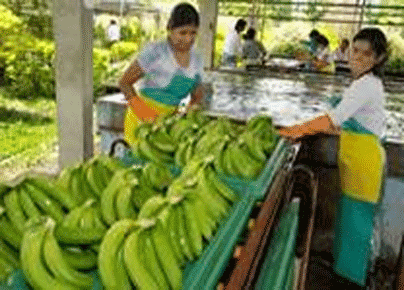Bolivia Will Produce Up to Three Times More Fertilizer than It Imports
2023-07-14

The NPK Plant, which is being built in the Santivañez Industrial Park in Cochabamba, will cover up to three times the demand for fertilizers in the country, including nitrogen, phosphate, potassium, and with two or three fertilizer elements (nitrogen, phosphorus and potassium).
According to the National Statistics Institute (INE), Bolivia imported 17,981 tons of fertilizers last year for a value of US$ 31 million.
This amount does not even represent a third of what will be produced annually at the NPK Plant (fertilizers containing different combinations of nitrogen, phosphorus and potassium) currently under construction in the municipality of Santivañez, Capinota province of Cochabamba. The plant will be delivered in September of this year.
The factory will produce 60,000 tons of NPK fertilizer in compositions such as NPK 18-8-18 (18% nitrogen, 8% phosphorus and 18% potassium), NPK 12-12-12, NPK 15-15-15, NPK 20-20-20 and others required by domestic producers.
INPUTS. The raw material to produce the Bolivian fertilizer will come from the Capinota phosphoric rock deposit, the potassium from the Potassium Chloride Industrial Plant and the nitrogen (ammonium nitrate) from the Ammonia and Urea Plant (PAU).
According to the Vice Minister of Industrialization, Commercialization, Transportation and Storage of Hydrocarbons, Willan Donaire, said that this fertilizer will improve the yield of agricultural production and that the plant will produce NPK for the different ecological floors of the country (valleys, plains and altiplano).
"Cultural yields are going to increase with this fertilization, banana production, which is 18 tons, would increase to 30 tons, with a 66% increase. Citrus fruits are in a similar situation. From 4.5 tons per hectare, it will go up to 8, more than 78% of cultural yield, he detailed.
Currently, agricultural producers who demand this fertilizer buy it from abroad at more than US$ 800 per ton. Once Bolivia starts NPK production, the cost will be reduced in the domestic market”.
The vice minister kept that once the production of NPK fertilizer begins, the country will have savings in the importation of these fertilizer.









